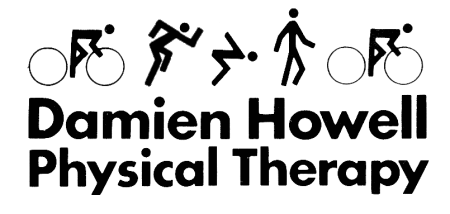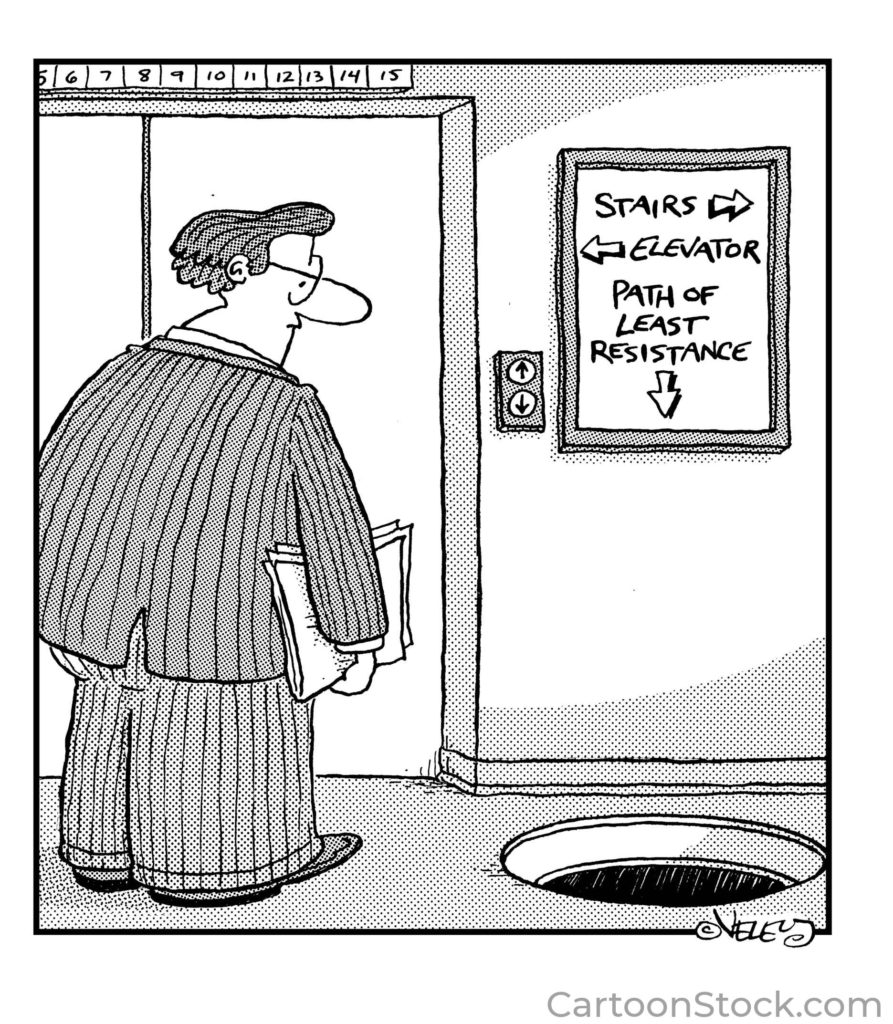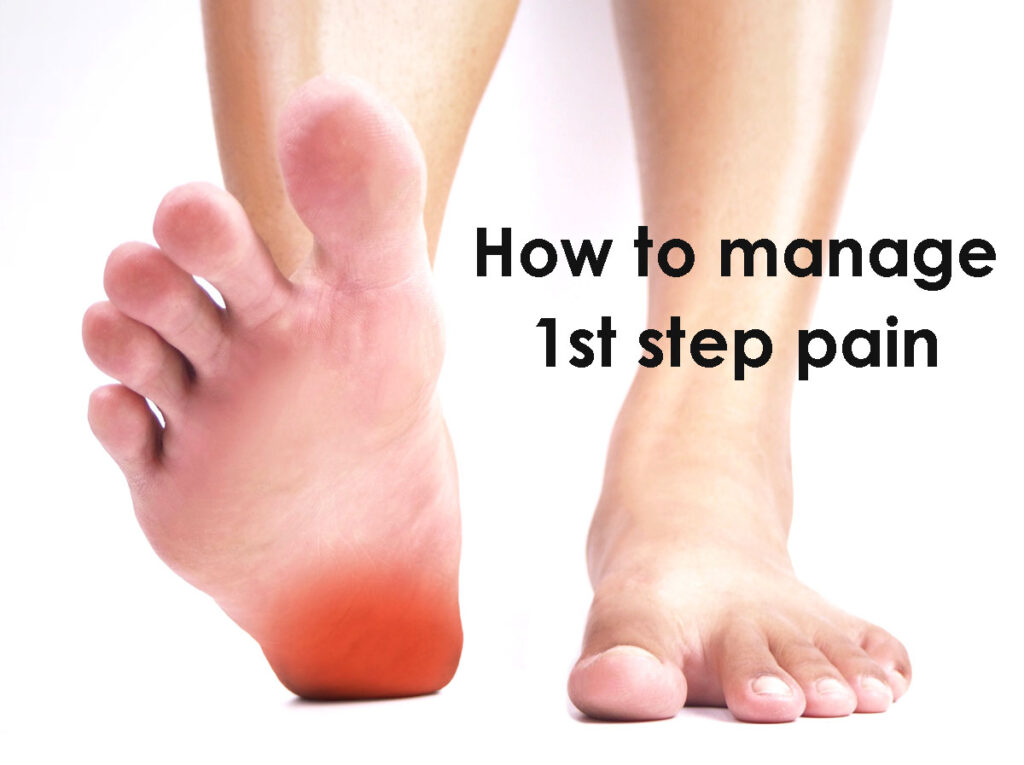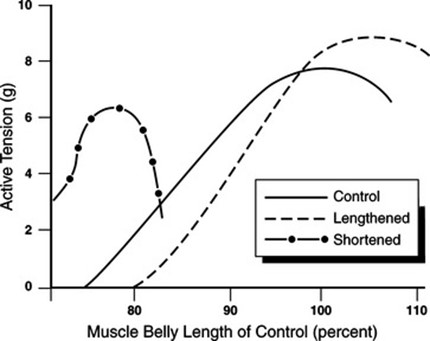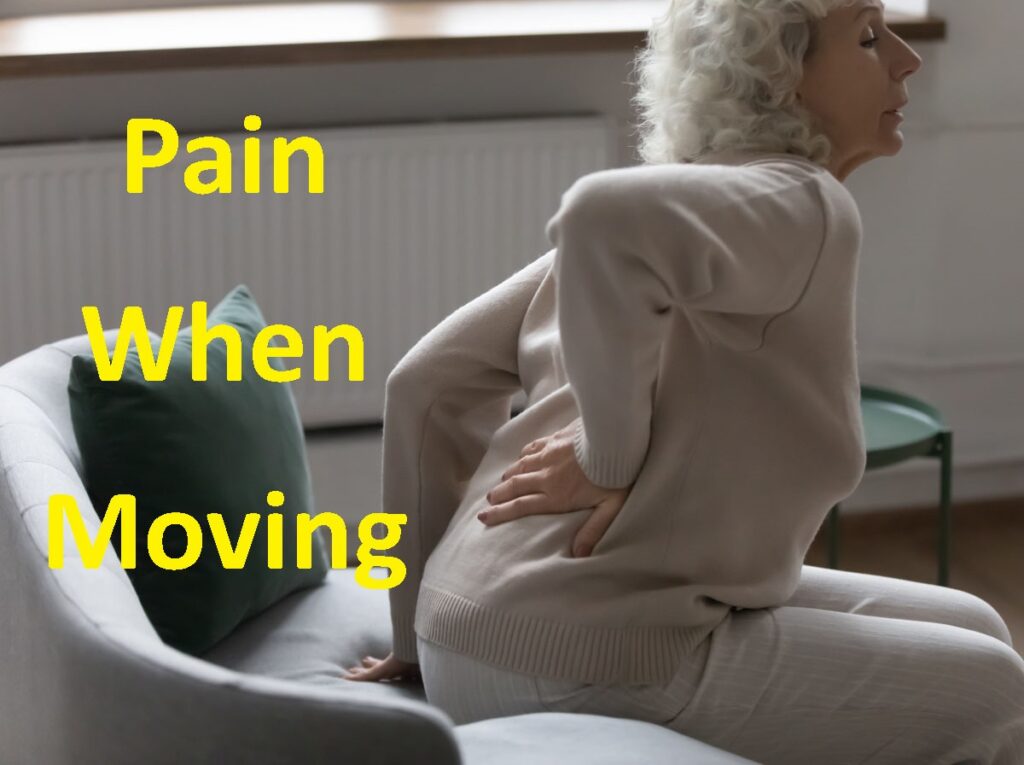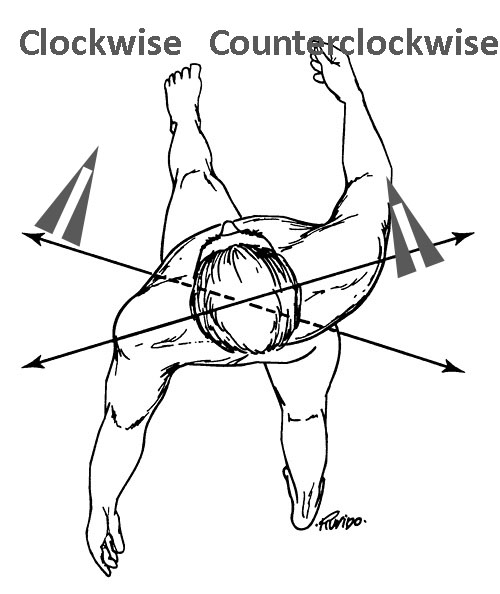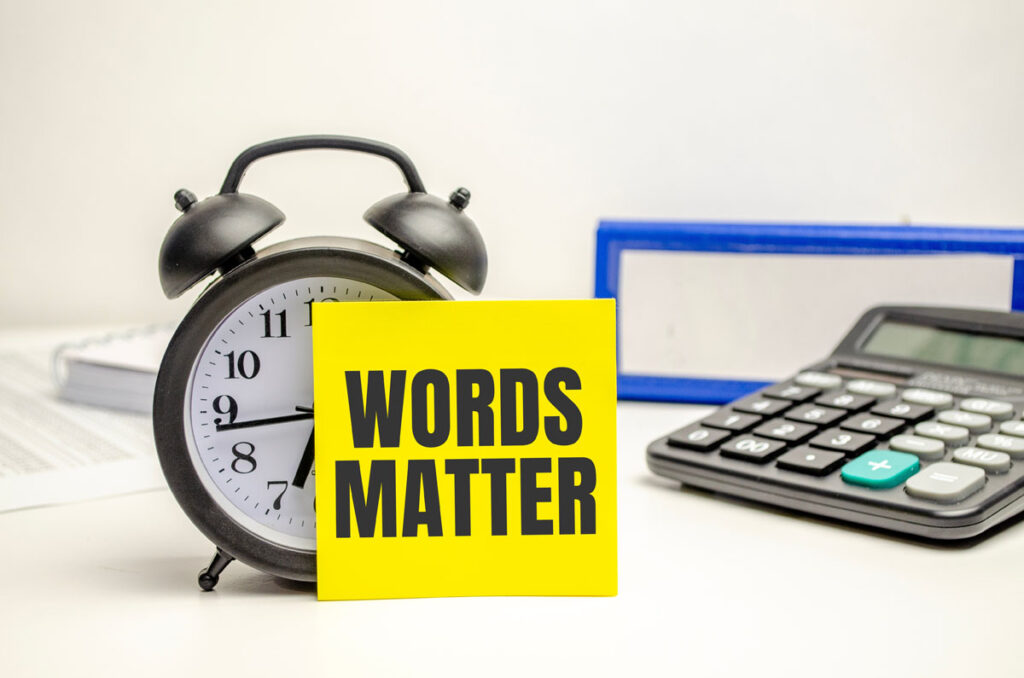Posts Tagged ‘Physical Therapy’
Path of least resistance is not always the best option – sometimes it is better to have some stiffness
There are three possible relationships between movement and musculoskeletal pain syndromes. There is either too much movement, not enough movement, or an optimal amount of movement. When a muscle tendon unit and/or joint is flexible, hypermobile, or unstable there is too much movement. When a muscle tendon unit and/or joint is stiff or hypomobile there…
Read MoreIntellectual humility and tolerance for ambiguity
When dealing with musculoskeletal pain syndromes uncertainty and ambiguity can cause unease and frustration for both patients and clinicians. The goal is to stamp out uncertainty, but not to stamp out ambiguity. Ambiguity may contain uncertainty. But they are different. Uncertainty is something that is not clearly or precisely determined, something unknown. Uncertainty implies that…
Read MoreSteps to manage first step pain
A definitive symptom of plantar heel pain is “first-step pain” First-step pain is felt on the first step out of bed in the morning or after other periods of inactivity such as sitting in meetings or long car drives. The following are simple steps to manage the 1st step pain: Purposeful pandiculation for pain plantar…
Read MoreHow to improve the quality of a selfie video to facilitate motion analysis
In a previous article, I described how sharing selfie videos with healthcare professionals can facilitate motion analysis for the management of painful musculoskeletal syndromes, injury prevention, and performance enhancement. This article describes how to improve the quality and standardize the process of capturing selfie videos to facilitate the motion analysis process. I am a healthcare…
Read MoreRight person – Choosing a healthcare provider to address chronic musculoskeletal pain syndromes
When dealing with musculoskeletal pain syndrome the ageless advice is the best solution is to see the right person, for the right care. For chronic and/or recurring musculoskeletal pain syndromes the choice of the healthcare provider assumes more importance. As it is likely to be a long-lasting relationship. You can choose from several different types…
Read MoreUsing a selfie video for motion analysis
A selfie video can enhance motion analysis for the diagnosis and intervention of painful musculoskeletal injury, for injury prevention, and for enhancing movement performance. A selfie video is a video recording that you take of yourself, also called a velifie A selfie video can: Provide opportunities for reflective self-learning. Provide visual data regarding comparing…
Read MoreMuscle “stretch weakness” – How does the length of a muscle affect its ability to generate force/tension?
As a muscle contracts and shortens it can generate a greater amount of force/tension. However, as the length of the muscle becomes shortened or slack or lengthened or too long the muscle loses its ability to generate tension/force. The relationship between muscle length relative to a muscle’s ability to generate tension/force follows the Goldilocks principle.…
Read MorePain – Movement
If pain occurs with movement, then observation and analysis of movement is required. The measurement of the symptom of pain occurs using the familiar numeric pain scale (zero to 10). 0-10 Numeric pain scale diagram. Clipart image In 1996 the American Pain Society lead a campaign to consider the measurement of pain as the 5th…
Read More“Deme Bones” – inter-limb deviation related to the musculoskeletal pain syndromes
“The toe bone is connected to the foot bone” is the common reframe from the old gospel song “Dem Bones.” The concept of mechanical connectedness or regional interdependence applied to musculoskeletal pain syndromes suggests that in addition to examining a patient’s local area of complaint examination of the adjacent joints above and below the primary…
Read MoreShould we discharge from Physical Therapy
Why is the terminology “discharged from Physical Therapy” used? I have not heard of anyone being “discharged from dentistry”. I have not heard of anyone being discharged from massage therapy. The meaning of “discharge” is – to relieve of a charge, load, or burden; or to release from confinement, custody, or care; or to set…
Read More